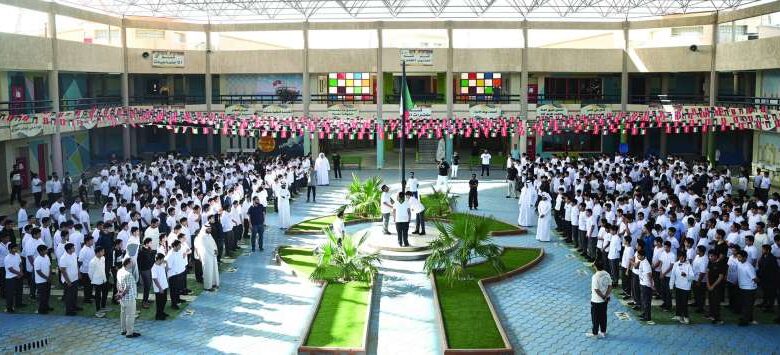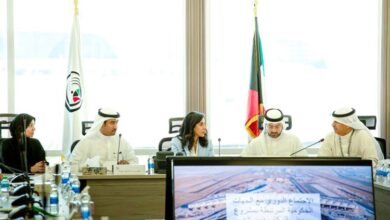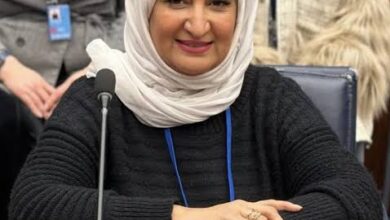Kuwait’s 2005-2025 education strategy fails goals, says report
The State Audit Bureau revealed that Kuwait's ranking in the field of education quality and school administration continues to decline.

-
The State Audit Bureau, in a report to the Ministry of Education, asked for a study on why education quality hasn’t improved despite the allocation of 71 million and 261 thousand dinars for projects of the integrated education reform system.
-
The Ministry of Education’s permanent committee noted the development of workshop curricula for special education schools, leading to diplomas for government job opportunities.
-
Kuwait excels in 2019 TIMS, ranking among top 14 in math, marking notable progress from 2015.
The State Audit Bureau concluded its evaluation of Kuwait’s public education strategy for 2005-2025, which will end next year. It stressed that the strategy “did not achieve its goals regarding bringing about institutional reform in the public education sector.”
In a report addressed to the Ministry of Education, the bureau requested a study of the reasons for the lack of improvement in the quality of education over the years of the strategy, despite the allocation of 71 million and 261 thousand dinars for projects of the integrated education reform system.
The bureau revealed that “Kuwait’s ranking in the field of quality of education and school administration continues to decline, according to the results of international measurements during the years of implementation of these projects. It occupied lagging positions globally, and it occupied last place in the Gulf in the global competitiveness report in the education quality index in the fiscal years 2016/2017-2017/2018. It also occupied the penultimate position in the Gulf in the school administration quality index in the fiscal years from 2015 to 2018, during the years of implementing these projects.”
Ministry’s response
The permanent committee in the Ministry of Education, responsible for responding to the bureau’s observations, emphasized that “the educational research and curricula sector has been diligently working since the launch of the strategy to achieve its objectives, especially regarding the fourth goal concerning basic standards and requirements for curricula. Researchers have conducted several studies related to the state’s development plan projects, and the curriculum development sector has designed new curricula and courses using modern methods that prioritize self-research and information deduction, avoiding indoctrination. This approach promotes educational values, enhances knowledge, and refines modern scientific and technological skills.”
The committee mentioned that “curricula for educational workshops have been developed for special education schools like the Intellectual Education Rehabilitation School, enabling learners to earn a diploma for employment in government agencies. Additionally, the Educational Research and Curricula Sector organized numerous conferences on education, including those on comprehensive quality, in collaboration with international bodies like the World Bank and the British Council. Recommendations from these conferences were largely implemented. Competency-based curricula were also introduced in general education schools, and the National Authority for Academic Accreditation and Education Quality Assurance was established.”
The committee explained, “Kuwait has made remarkable progress in student test results for the 2019 international competition (TIMS), ranking among 14 advanced countries in mathematics. This achievement is significant, especially considering the substantial improvement from the 2015 competition.”
It concluded by stating, “The Integrated Education Reform System Project comprises 4 sub-projects benefiting the educational process. Each project’s overseeing authority inputs steps, stages, and completion rates into the automated system for the General Secretariat of the Supreme Council for Planning and Development’s development plan. The finance follow-up team records disbursement ratios for development projects as determined by each project’s official in the automated system. The General Secretariat of the Supreme Council for Planning and Development monitors project completion and progress to align with the desired goals.”













